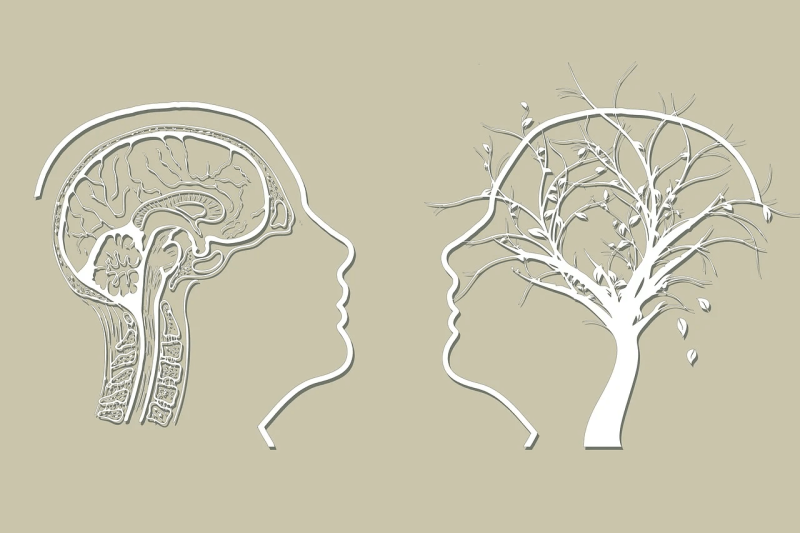The haunting reality of Alzheimer’s disease and dementia is a terrifying prospect for many individuals and their families.
Alzheimer’s disease, a type of dementia, gradually erodes memory, thinking and behavior, reaching a point where it hinders the simplest daily tasks. However, dementia is a broader term encompassing conditions characterized by significant memory loss and cognitive decline, which profoundly impact daily life. In this article, experts will explore the differences between Alzheimer’s and dementia, shedding light on these complex neurological disorders that affect millions worldwide.
“There are several different forms of dementia,” Dr. Andrew Segovia Kulik, chair of the behavioral health department at Saint Anthony Hospital in Chicago, told HealthDay. “Alzheimer’s, vascular, Lewy body, etc., are all forms, but the most common form accounting for 70% of all dementias is the Alzheimer’s type.”
Alzheimer’s disease, according to the Alzheimer’s Association, is a specific type of dementia that primarily targets memory, thinking and behavior. As the condition progresses, its symptoms intensify, ultimately interfering with an individual’s ability to carry out daily tasks.
However, it is crucial to dispel a common misconception that Alzheimer’s is typical with aging. While advancing age is the most significant known risk factor, with most cases occurring in individuals aged 65 and older, it can also affect younger individuals, known as early-onset Alzheimer’s.































